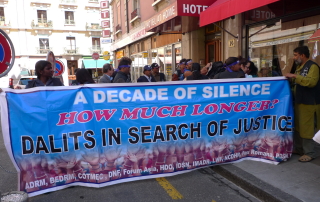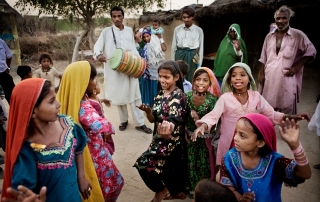Global call for action on UN caste guidelines
The UN Human Rights Council and caste-affected governments are urged to support the new comprehensive legal framework developed by the UN to eliminate caste discrimination. These principles and guidelines will be presented at an event in Geneva, supported by the UN High Commissioner for Human Rights.



